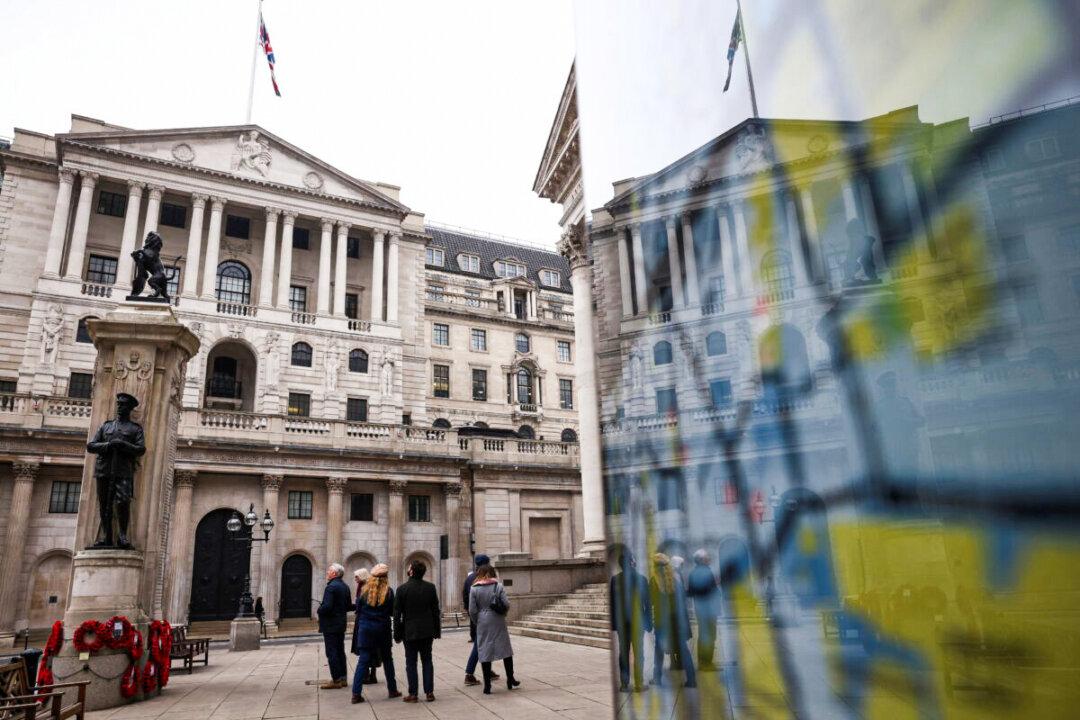The biggest banks in the United Kingdom are no longer “too big to fail,” and could continue offering services even when facing a crisis, the Bank of England (BoE) said in a June 10 press release.
The UK central bank works with financial institutions to minimize disruptions to the economy should the banks fail: a process called resolution.





